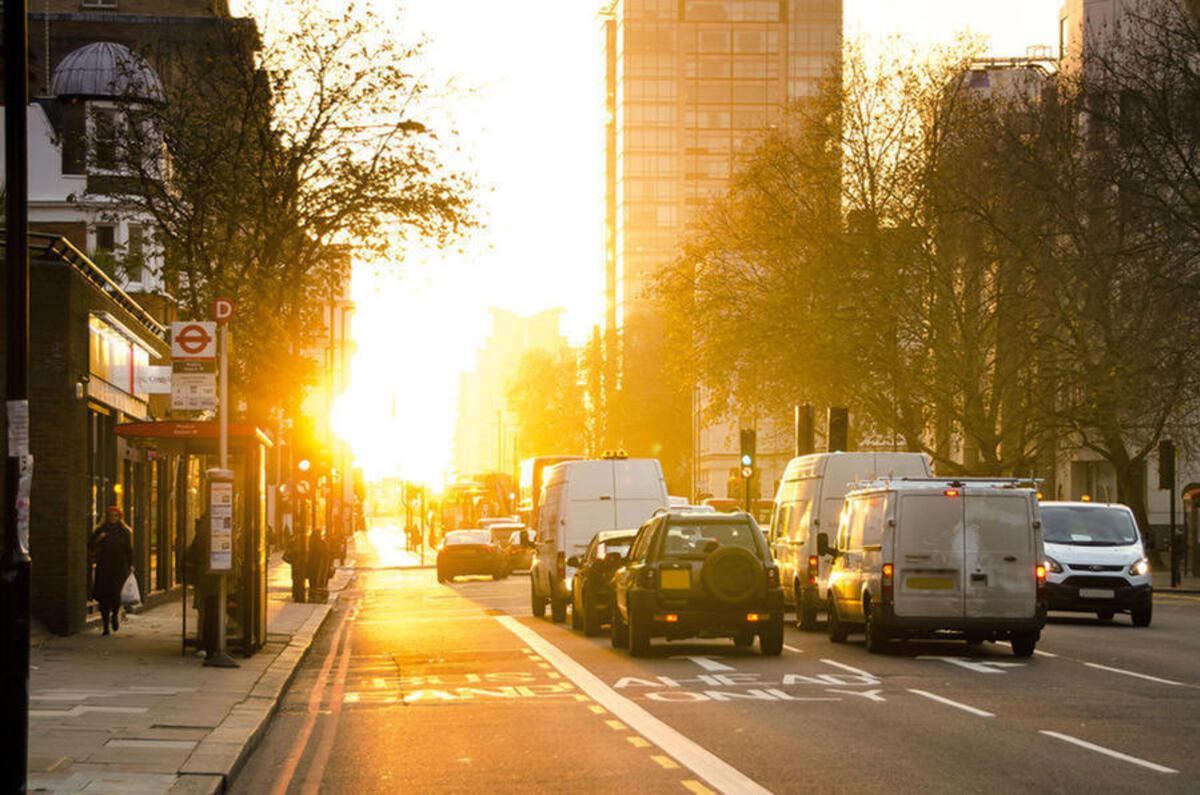The rate at which older combustion-engined cars are removed from the world’s roads will have to speed-up if air quality around the globe is to be tackled rapidly, the world’s car engineers believe.
“Ultimately the speed at which we can changeover the fleet is the constraint on cleaning up air and I think we need a forcing function for us as an industry to work around,” said Paul Mascarenas, a board director of FISITA, which represents 200,000 global automotive engineers.
Mascarenas, a former senior Ford Europe engineer, believes that even if battery electric vehicles were available in multiple model ranges and in free supply today, it would still take 10 to 15 years to substantially replace the world’s fleet of combustion-engined cars with cleaner alternatives.
“There will be various constraints, including new car supply, and supply chain, but it is not clear when or how those constraints will be taken off,” said Mascarenas.
“It is undetermined the time to change over the fleet, to get to one or 1.5 billion alternative fuel vehicles in service globally by 2040,” he said.
European governments are aligned around banning the sale of solely combustion-engined new cars by 2040, with many setting targets for a reduced percentage by 2030.
The UK government, for example, wants new cars sales to be “50 to 75 per cent electrified” by 2030 and is working on a definition of electrified, likely to hinge on an electric-only range of 60 miles.
FISITA chief executive Chris Mason describes the switchover as a “significant challenge”, but believes it will be substantially pushed by "societal acceptance and demand" rather than “leverage" by politicians.
“When enough models are in the market, car-buyers will make the changeover happen,” said Mason.
Incentives to encourage UK car-buyers to move to electric vehicles have been boosted by this week’s announcement by the Treasury that company-car drivers of BEVs will be zero-rated for company car-tax.
But the Society of Motor Manufacturers and Traders has been angered that incentives for plug-in cars have been reduced, and sales of such models have fallen. However, others in the industry blame a lack of model supply for the drop-off.
Macarenas and Mason were speaking at a FISITA conference in London entitled “Exploring the Future of Mobility Engineering”.
Read more
Plug-in hybrid demand drops by half in June
Electric car users will pay no company car tax from 2020
Hybrid models confirmed as exempt from UK's 2040 ban on petrol and diesel cars




Join the debate
Add your comment
rubbish
Are these the same engineers who've said the World was ending when AlGore stated "we only have 30 years until the World ends"
That doesnt make any sense
Furtheremore there is already a shortage coming on the battery if there is no other technologies (nothing feasible right now)
So i m sorry but this guy is not speaking on my behalf (i'm a automotive engineer)
What about chaning road infrustrucure
If you want to tackle polution, you need to look at how road infrastructure has developed. More bus lanes, traffic lights, excessive road furniture, SPEED HUMPS, draconian parking restrictions. These all contribute to unhappy hence bad drivers, more wear & maintenance on cars, fuel consuption and polution from brake and tyre, loss to the economy. Isn't it time to reverse these idiotic policies if we want to help the environment?
All in the name of getting people onto busses, but aren't they worse polutors? even if calculated on a per passanger basis?